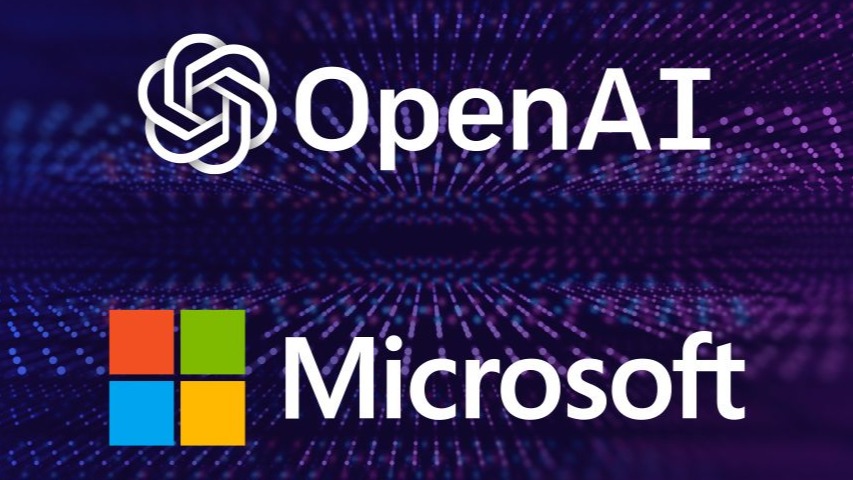Microsoft has confirmed plans to widen availability of tech from OpenAI, an artificial intelligence startup it is backing which has taken the tech world by storm.
OpenAI’s ChatGPT has made waves since launching in November 2022, with the company claiming that it is the world’s most-advanced chatbot. The company is also behind the DALL•E 2 AI art tool, and the Codex natural language-to-code system.
In a blog post, Microsoft’s AI platform corporate vice president Eric Boyd said that the startup’s tech will be available generally in a programme called the Azure OpenAI Service. ChatGPT will serve as the flagship part of the Azure OpenAI Service, with Microsoft saying that its customers will be able to access the tech ‘soon’ via Microsoft’s cloud.
The company pointed to a range of companies such as KPMG and Al Jazeera which are using the Azure OpenAI service to “advanced use cases such as customer support, customization, and gaining insights from data using search, data extraction, and classification.”
To allay concerns of malicious actors using the powerful AI tech, Boyd said that Microsoft is vetting customer applications to mitigate abuse of the software.
He wrote: “As part of our Limited Access Framework, developers are required to apply for access, describing their intended use case or application before they are given access to the service. Content filters uniquely designed to catch abusive, hateful, and offensive content constantly monitor the input provided to the service as well as the generated content. In the event of a confirmed policy violation, we may ask the developer to take immediate action to prevent further abuse.”
Microsoft first invested $1 billion in OpenAI in 2019, and news site Semafor has reported that the company might invest as much as $10 billion in the startup.
Latest News
-
OpenAI seals Pentagon AI deal with safety guardrails hours after Anthropic ban
-
Anthropic refuses Pentagon demand to strip AI safeguards from Claude
-
Skyscanner rolls out app on ChatGPT
-
AI disruption risk varies between platform and service-based firms, says new report
-
UK government to bolster public sector with cyber talent investment
-
Citi creates AI infrastructure banking team
The future-ready CFO: Driving strategic growth and innovation
This National Technology News webinar sponsored by Sage will explore how CFOs can leverage their unique blend of financial acumen, technological savvy, and strategic mindset to foster cross-functional collaboration and shape overall company direction. Attendees will gain insights into breaking down operational silos, aligning goals across departments like IT, operations, HR, and marketing, and utilising technology to enable real-time data sharing and visibility.
The corporate roadmap to payment excellence: Keeping pace with emerging trends to maximise growth opportunities
In today's rapidly evolving finance and accounting landscape, one of the biggest challenges organisations face is attracting and retaining top talent. As automation and AI revolutionise the profession, finance teams require new skillsets centred on analysis, collaboration, and strategic thinking to drive sustainable competitive advantage.
© 2019 Perspective Publishing Privacy & Cookies


.jpeg)







Recent Stories